
Why it makes business sense to help refugees into work
RefuAid has been helping one construction firm plug skills gaps while also supporting refugees as they start a new life in the UK
Main contractors are starting to tap into refugee talent to address the skills crisis in construction and to make a positive contribution to the lives of people who have been forced to leave their countries to escape war, persecution or natural disasters.
“Our relationship with Kier is one of the most successful ones we have,” says Anna Jones, CEO and co-founder of RefuAid.
“Sometimes what happens with businesses is that you get very senior buy-in, but when it filters down to the hiring level, it freezes and stops.
“That hasn’t happened with Kier and is something we need to replicate in the wider sector, making sure that we identify why any stalling happens and keep getting people put forward for jobs.”
Since the partnership started last year, Kier has made eight job offers, including one to a refugee from Iran who now works as a section engineer for Kier Natural Resources, Nuclear and Networks.
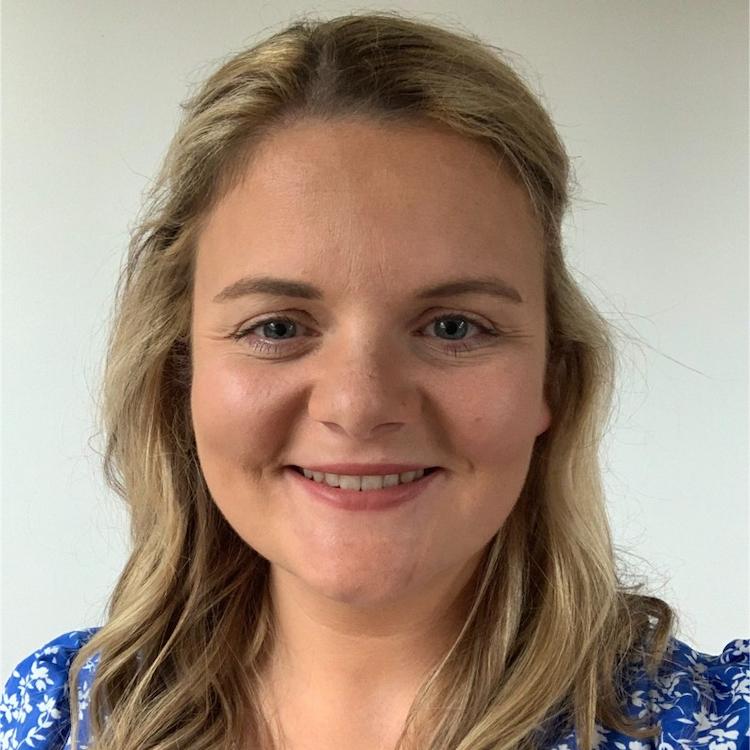
As we’ve exposed more candidates through mentoring, successful hires and internal videos to spread awareness in the company, employees have seen that it has huge business benefits – but also that it is the right thing to do
The company has also mentored 10 other people through a three-month tailored programme in which they gained hands-on experience in the UK that resulted in them finding jobs elsewhere in the industry.
“It hasn’t been a top-down effort: it’s been across the business, up and down,” says Megan Porter, recruitment diversity manager at Kier.
“As the programme has grown and we’ve exposed more candidates through mentoring, successful hires and internal videos to spread awareness in the company, employees have seen it has huge business benefits – but also that it is the right thing to do.”
What does RefuAid do?
RefuAid works with businesses across all sectors to support refugees and asylum seekers to access higher education, requalification and jobs in the country.
It also provides financial support through interest-free loans to cover the cost of studies and access to English language courses.
Most of the refugees that the non-profit works with are highly skilled, including people who were engineers, doctors or lawyers in their home countries. But many stay unemployed or fall victim to exploited labour when they arrive in the UK.
One of the main reasons that is happening is the language barrier, explains Jones.
There’s a lack of “boardroom fluency” – a level of English that allows for confident articulation of ideas, as well as receiving instruction and delegating confidently in a work setting.
This prevents them from resuming their careers or taking a similar job to the one they had in their native country.
“Additionally, a lot of employers and some universities require an English language qualification in order for people to access employment and education opportunities,” Jones adds.
“That is way above the government provision of ESOL [English for speakers of other languages] for refugees.”
RefuAid started a programme in partnership with private schools of English that offer their tuition for free.
“There is a huge kind of outpouring of goodwill in British society to help and support people arriving here seeking asylum,” says Jones.
The charity covers the travel expenses, course materials and exam fees for each student.
“Most importantly, each student has a tailored case worker who works with them to create a learning plan and makes sure they’re on the right pathway back into work, commensurate with their skills and experience, or back into university at a level they were studying at before,” Jones tells CIOB People.
Translating CVs
The next step towards employment for many refugees is reaccreditation or the conversion of qualifications to an alternative recognised in the UK. This can be prohibitively expensive, so RefuAid provides access to finance.
Another barrier standing in the way of refugees finding jobs is a lack of work experience in the UK and misunderstanding around gaps in CVs.
Many businesses have automated their recruitment processes, which means these CVs are automatically rejected, regardless of how relevant their skills or experience might be.
“Where people have been out of work for a couple of years, their CV falls to the bottom of the pile within many hiring departments,” Jones says.
Helping ‘translate’ CVs is one of RefuAid’s missions when dealing with employers.
Jones says most businesses have a “lightbulb moment” when the acquisition teams meet candidates in person and realise that an engineer from the Middle East or Ukraine is very similar to one here in the UK.
“The biggest challenge is how you scale those lightbulb moments across sectors and across industry,” she continues. “This is definitely about meeting somebody face to face, about building up relationships.”
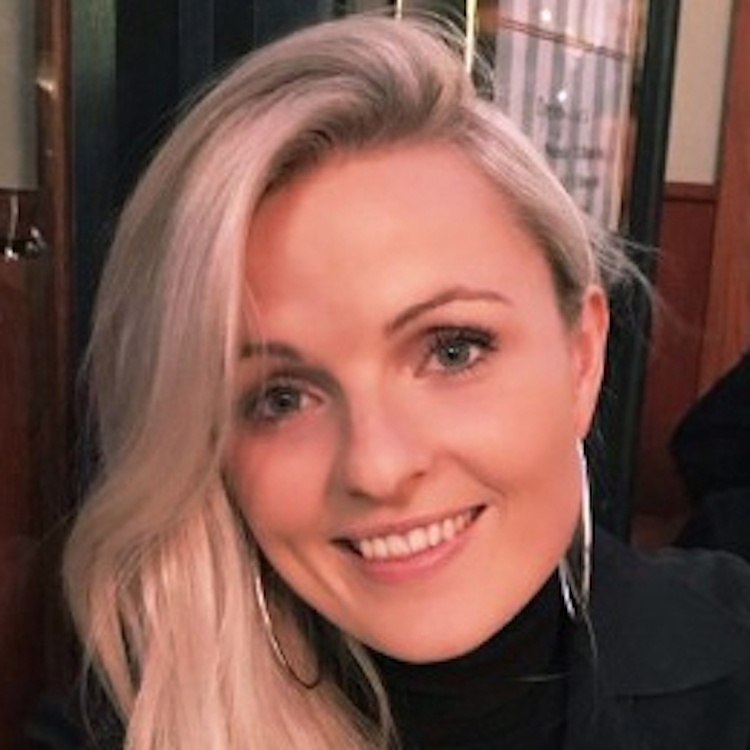
Each student has a tailored case worker who works with them to create a learning plan and makes sure they’re on the right pathway back into work or back into university at a level they were studying at before
Reassuring businesses
In RefuAid’s employment programme, every candidate has full rights to work in the UK. That includes some asylum seekers who had a job included in the government’s shortage occupations list.
However, businesses are sometimes confused about the legal status of refugees and reject the idea of hiring them because they fear they might get in trouble.
“Businesses ask us time and time again if refugees are legally allowed to work,” Jones says. “The quick answer is yes, but the information is very hard for businesses to find.
“For example, the details about refugees having legal rights to work are on the government’s website on how to avoid illegal work. For most HR teams, when they are on that page, they say: ‘We’re out’.”
Kier’s Porter believes that RefuAid’s involvement and support have been essential to making the scheme work.
The non-profit provides third-party reassurance and makes sure businesses working with them are confident of recruiting people who have refugee status under the law.
RefuAid also answers any questions that might arise during the process.
“We know our business and our industry, but RefuAid’s support is very important to make sure that we are doing things the right way and to ensure we are properly supporting candidates,” Porter adds.
“You also have that point of contact, which is very useful. The level of support we get from RefuAid makes everything easier. Having that partnership makes it work.”
Porter concludes by emphasising the positive contribution that refugees are bringing to Kier and how the programme with RefuAid, which is ongoing, has been welcomed across all levels of the business.
“We know that sometimes refugees can be a bit of a hot topic, depending on what’s happening in the news, but it’s not something we’ve ever shied away from.
“We’re proud of the work we do with refugees and that’s why we are involved with RefuAid. We want everyone in the industry to know that this is a great initiative: it adds value to our business and to society.”
• Further reading: Balfour Beatty expands refugee recruitment scheme
Comments
Comments are closed.


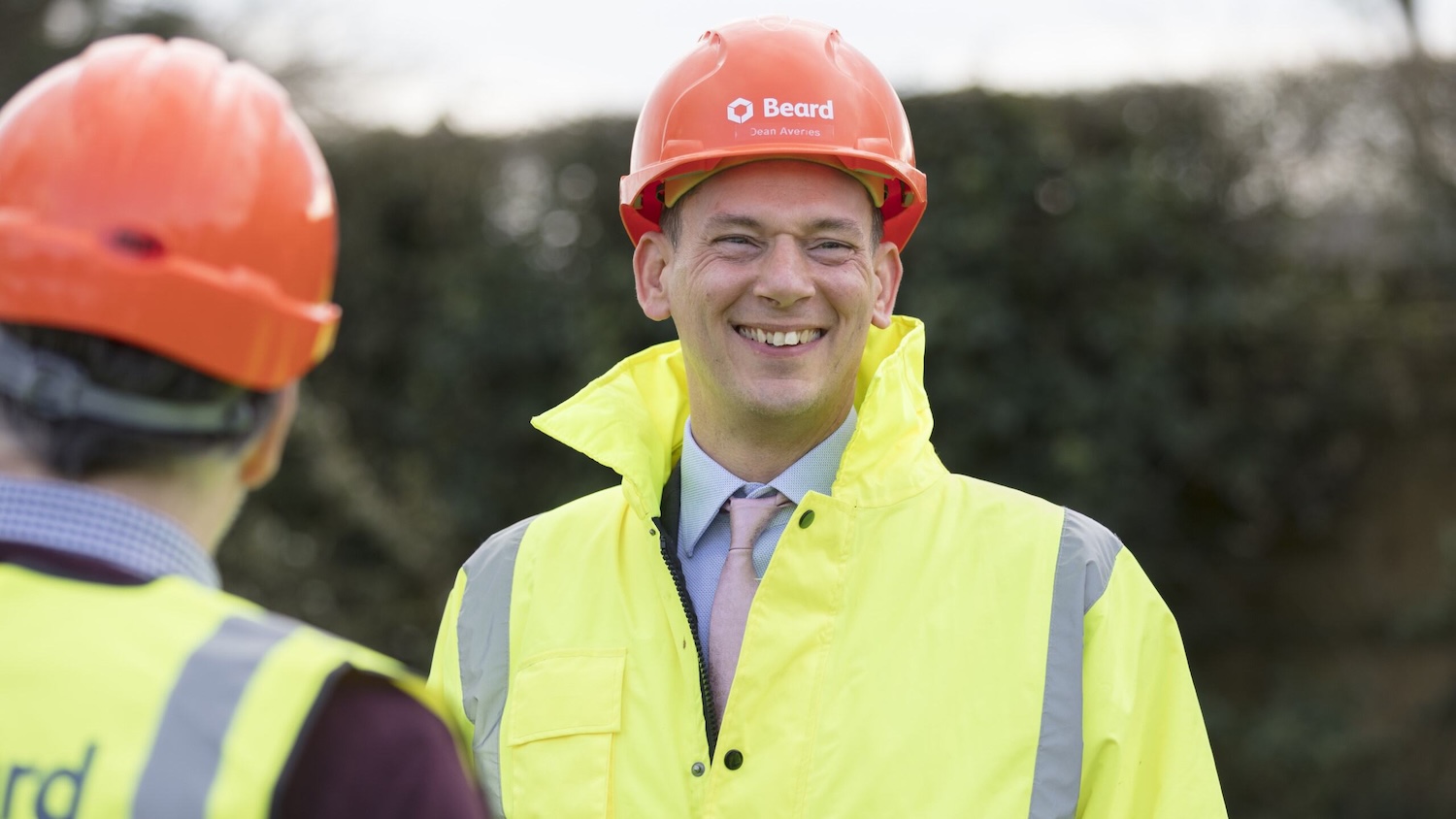
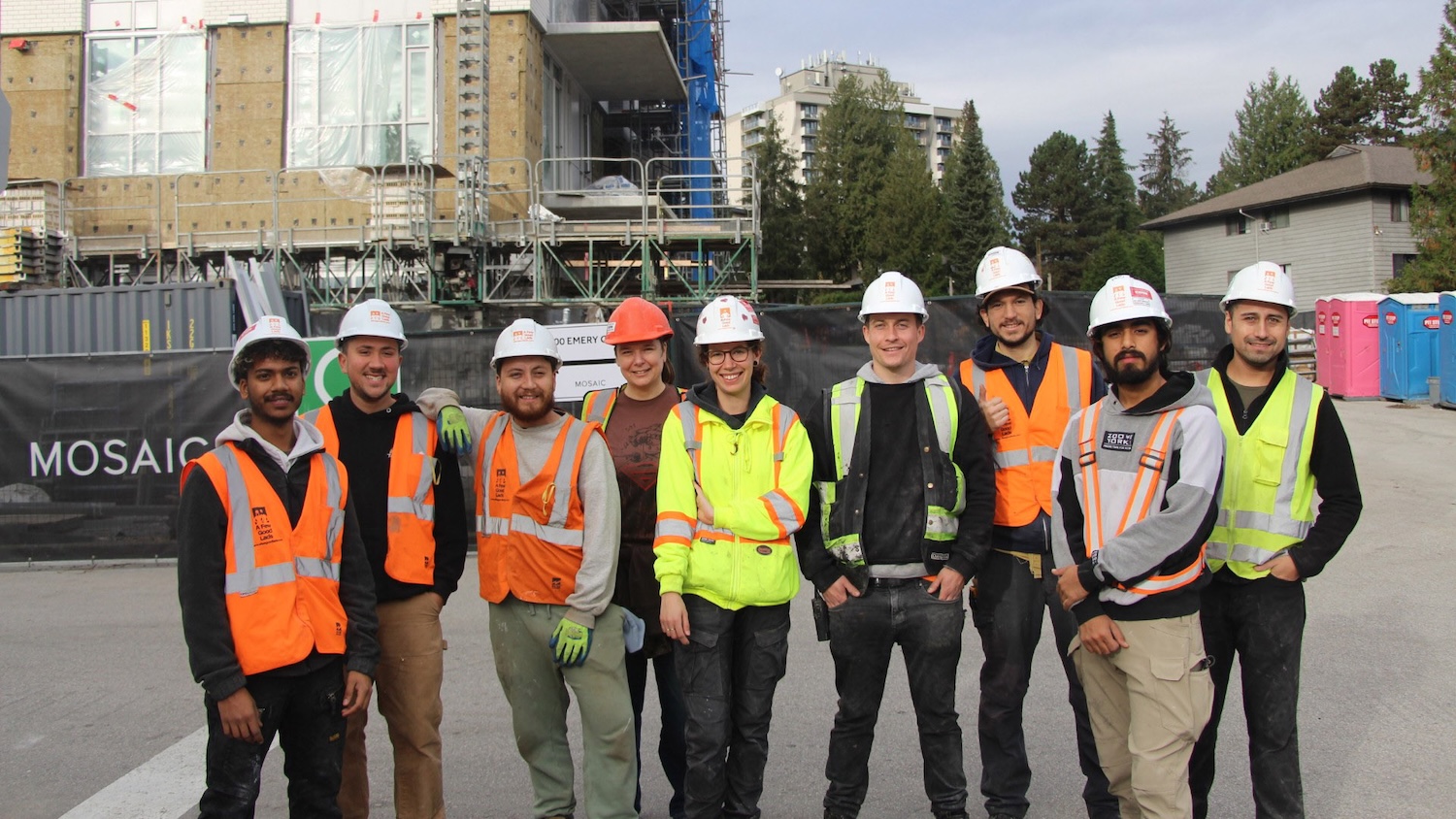
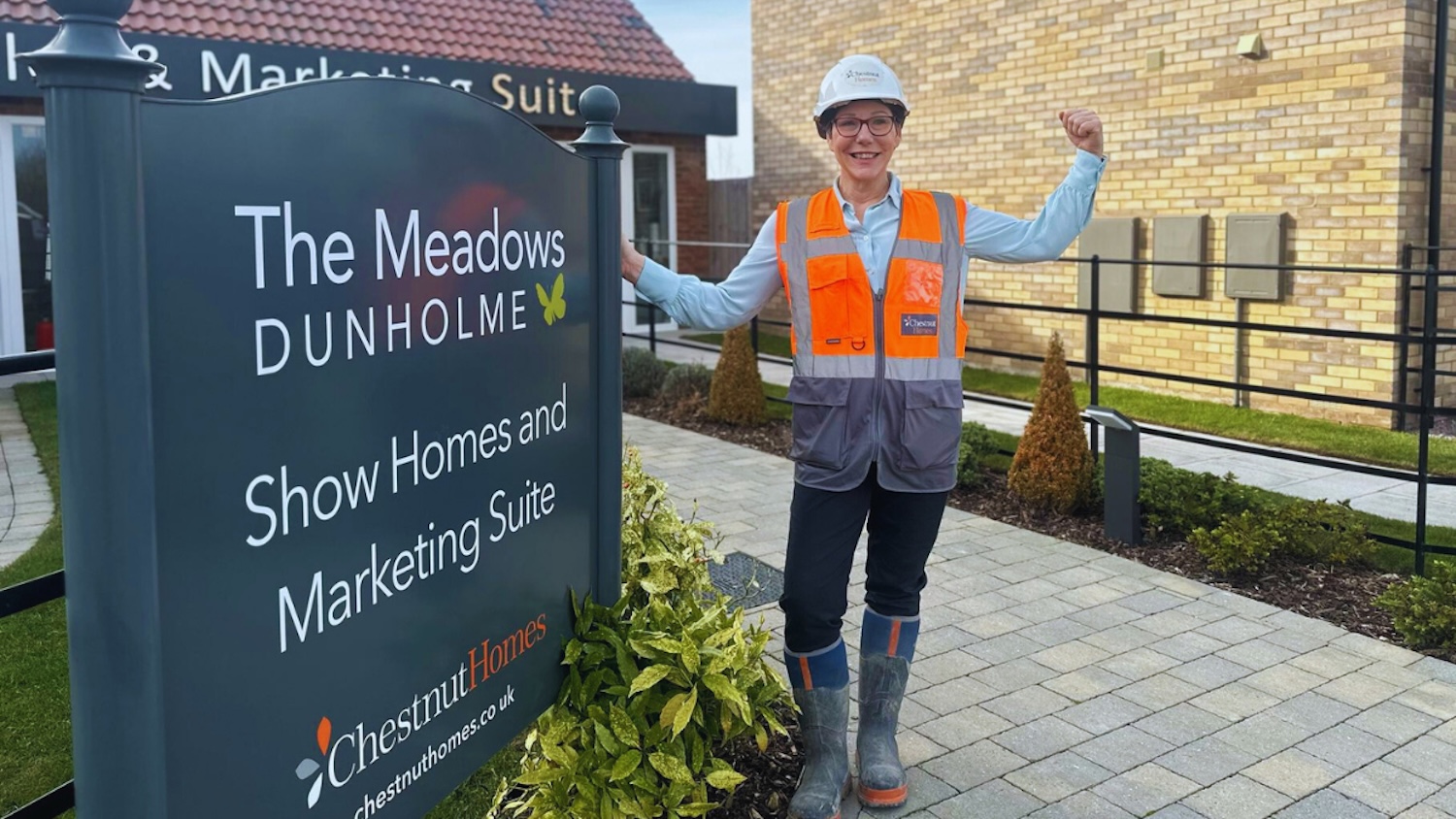
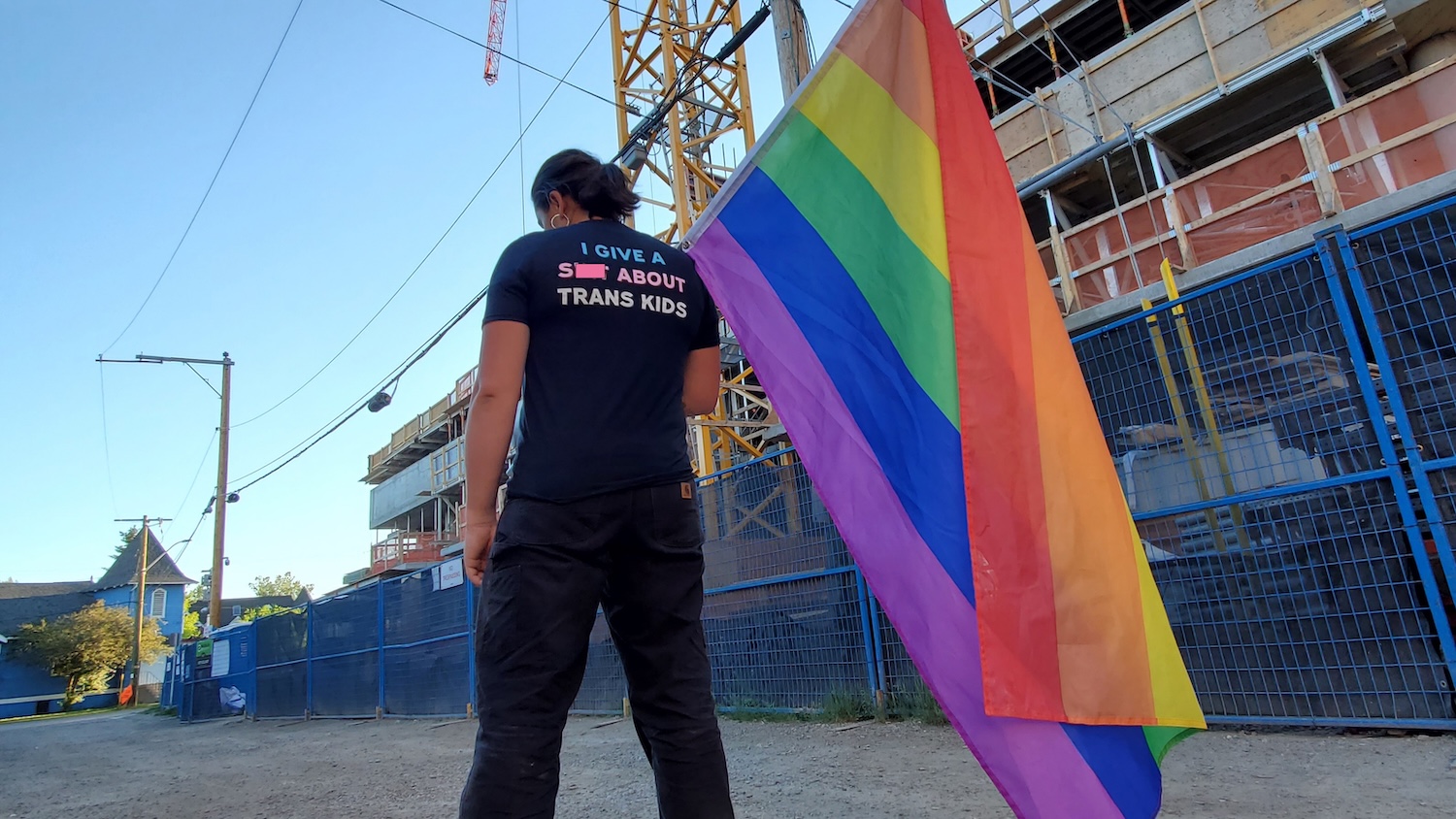
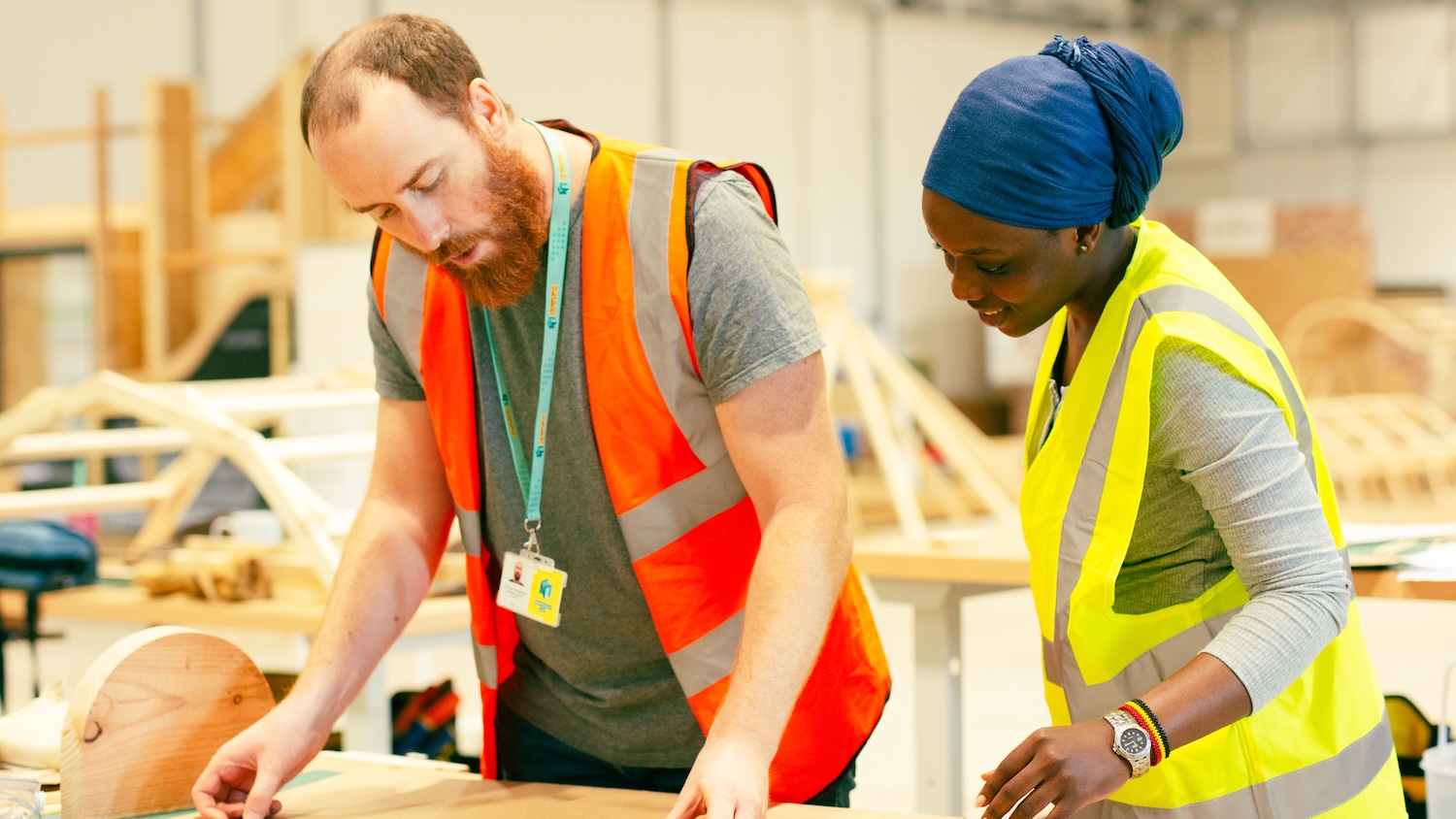

This is an amazing idea that how many numbers we need in the construction industry and how many people are there in refugee camps. They should be trained asap to work in construction and fill the gap.